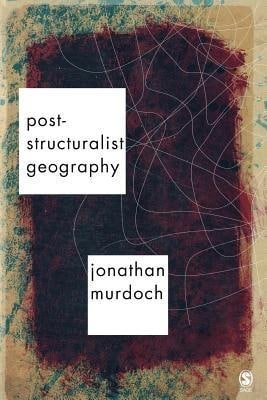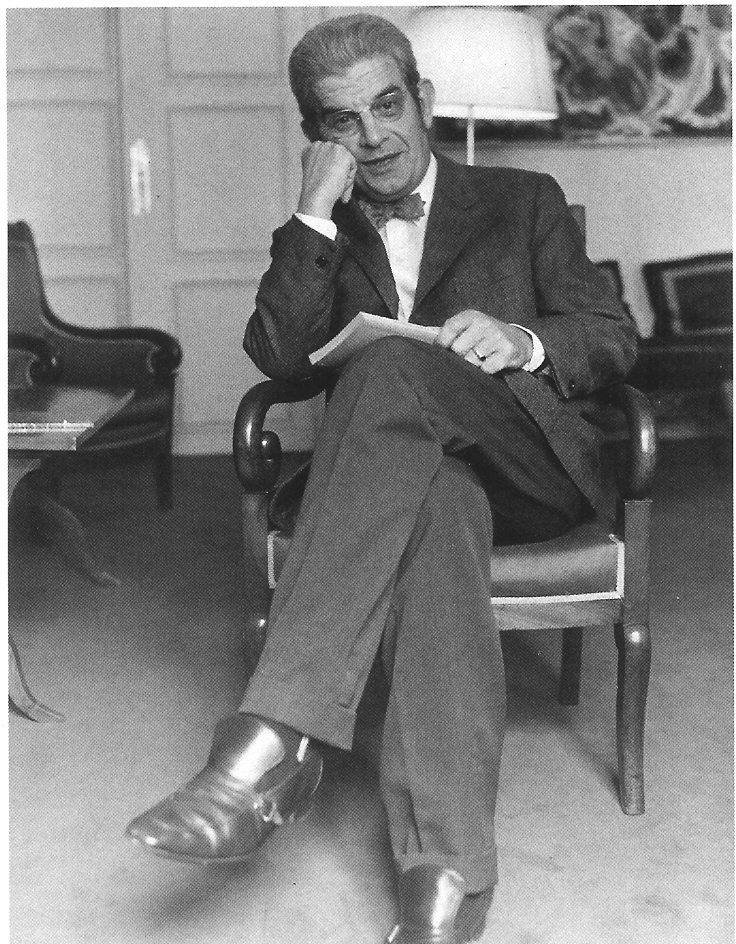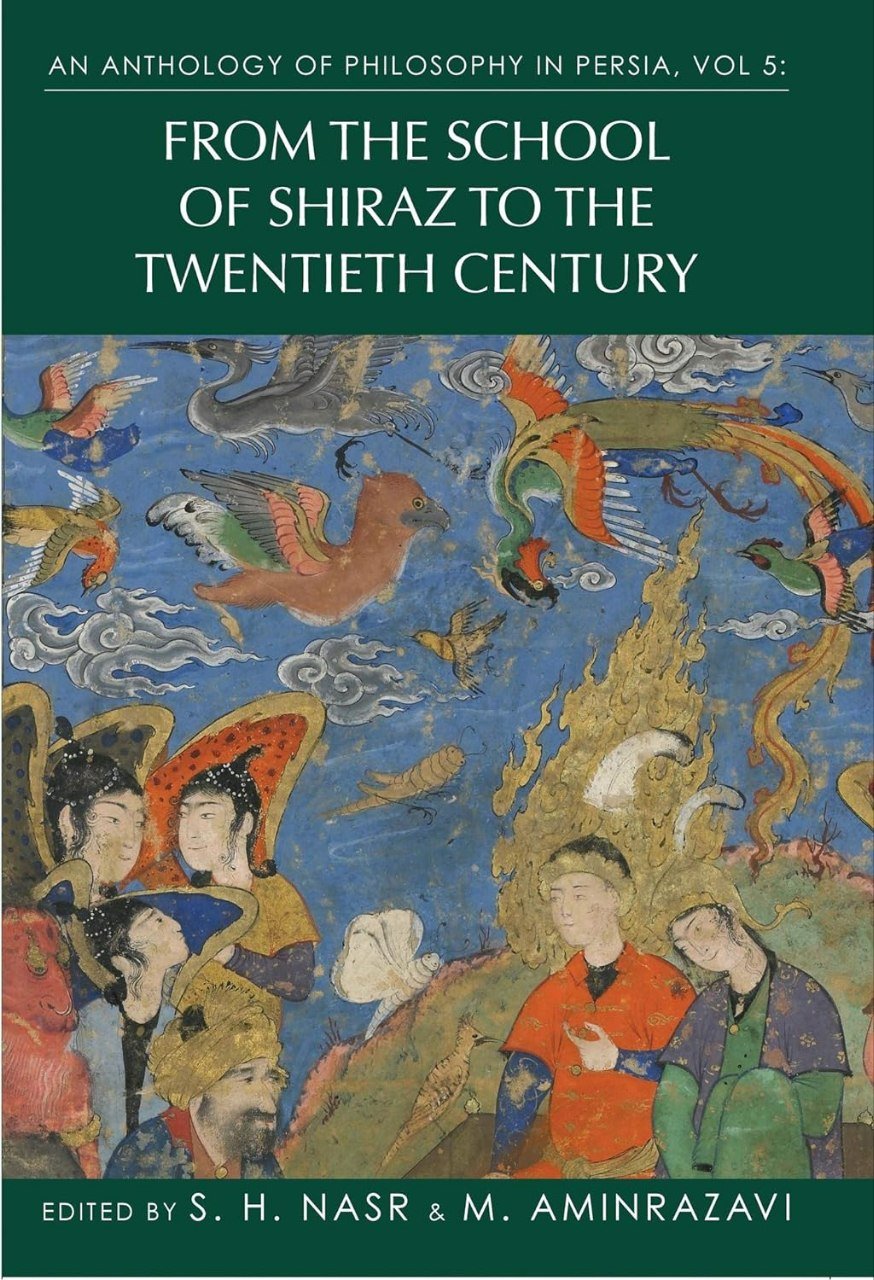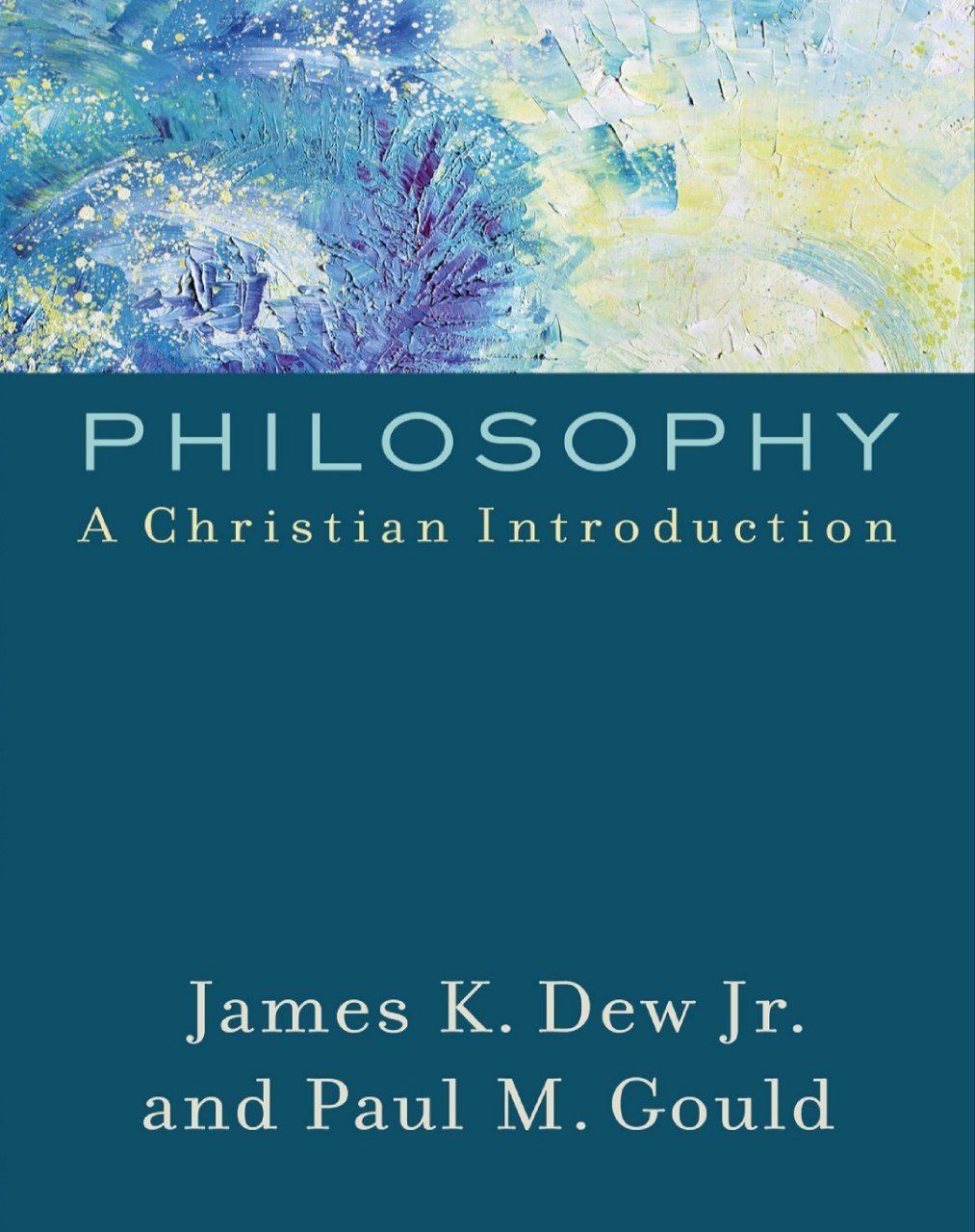

Reading Brandom: On Making It Explicit
Reviews
No review yet. Be the first to review this book!
Description
Reading Brandom: On Making It Explicit Editors: Bernhard Weiss and Jeremy Wanderer This edited volume is a critical companion to Robert Brandom's influential work Making It Explicit (1994), one of the major contributions to contemporary philosophy of language, mind, and pragmatics. Brandom’s project is an ambitious attempt to explain meaning not in terms of representation but in terms of inferential roles within social practices. He aims to develop a "semantic inferentialism" where meaning is determined by the role a sentence plays in reasoning and how it fits into practices of giving and asking for reasons. In Reading Brandom: On Making It Explicit, Bernhard Weiss and Jeremy Wanderer gather a collection of essays from leading philosophers who engage critically with Brandom's ideas. These essays examine, dissect, and challenge Brandom's core arguments, including his inferentialist semantics, his pragmatism, his account of norms and commitments, and his understanding of logical vocabulary as expressive tools that make implicit norms explicit. The book explores key aspects of Brandom’s philosophy such as: The nature of discursive practice and how individuals participate in a norm-governed linguistic community. The role of scorekeeping and the notion of "social perspective" in determining the content of assertions. Brandom’s approach to intentionality, meaning, and representation without resorting to traditional mentalist or representationalist frameworks. His engagement with the tradition of pragmatism (particularly Peirce and Sellars) and his reinterpretation of Kant and Hegel. Contributors in the volume offer both supportive and critical perspectives, often raising questions about Brandom’s rejection of traditional representational semantics, his conception of normativity, and whether his framework can adequately account for objectivity and truth. Reading Brandom serves as an essential resource for understanding both Brandom's dense and complex work and the philosophical debates it has sparked. It's especially valuable for scholars interested in philosophy of language, pragmatism, analytic philosophy, and the intersections of language, normativity, and social practice.
























.jpg)



.jpg)

.jpeg)





.jpg)



.jpg)







.jpg)
.jpeg)

.jpeg)







.png)
.jpeg)

.jpg)

















.jpeg)

.jpg)






.jpg)

















































